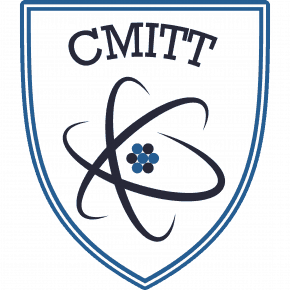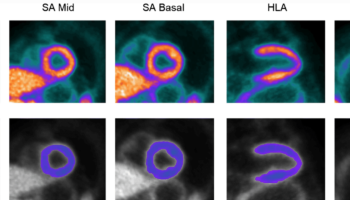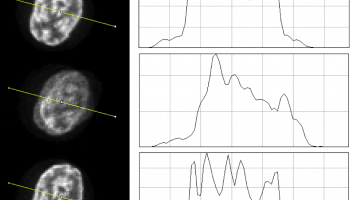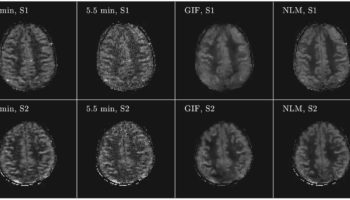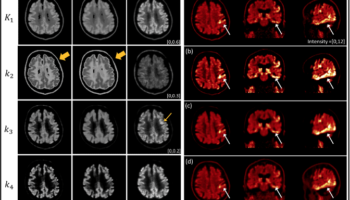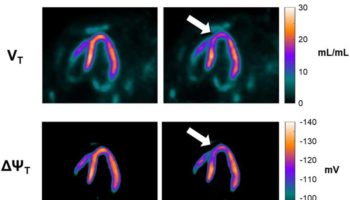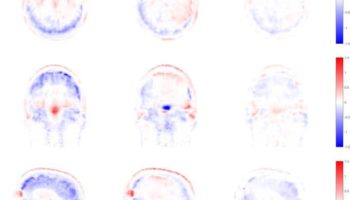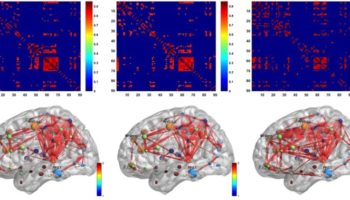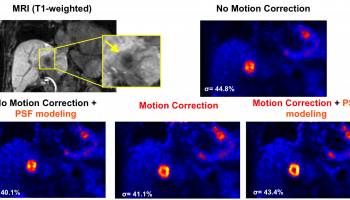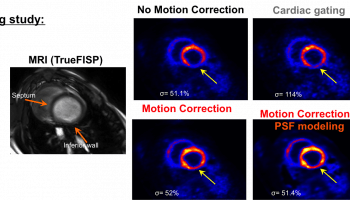The Center for Molecular Imaging Technology and Translation (CMITT) is a National Center for Biomedical Imaging and Bioengineering funded by the NIBIB and located at the Gordon Center for Medical Imaging (GCMI) at MGH and Harvard Medical School. The Gordon Center was established in perpetuity under a philanthropic endowment aimed at promoting development and dissemination of biomedical imaging technology. Working within the interdisciplinary environment (e.g., radionuclide production and chemistry, imaging sciences, pharmacokinetics and clinical research) of the Gordon Center, the aim of CMITT is to develop and apply cutting-edge imaging technologies that take advantage of the game-changing capabilities afforded by simultaneous PET/MR. Importantly, CMITT will also disseminate many of the technologies to standalone PET and, in some cases, MR imaging platforms.
*** The CMITT is in the processing of moving from MGH to Yale School of Medicine and during the transition will not be accepting requests for new CPs or SPs. Should you wish to contact the PD/PI, please email him at ***
Vision: The vision for CMITT is to provide novel imaging technologies that will revolutionize the way scientists and physicians view and use PET and MRI. The conventional view posits that MR and PET are separate modalities, with MRI offering superior visualization of soft tissue anywhere in the body with some additional opportunities for physiological and biochemical measurement. PET, on the other hand, is recognized for its abilities to measure biochemical reactions (like glucose utilization) but it is seen as weak in its anatomic capability, due to limited spatial and temporal resolution. We see PET/MR as a paradigm-shifting new joint modality. Motion corrections derived from simultaneous MRI are combined with Point Spread Function-corrections in the PET image reconstruction, allowing studies in human and animal subjects to achieve the full sensitivity and intrinsic resolution (~3mm) of the instrument, and enable novel explorations. As we have demonstrated recently, since PET and MRI measurements are statistically independent, joint estimation of biochemical mechanisms that simultaneously affect both PET and MRI is guaranteed to improve SNR. Furthermore, we have shown already in the brain, that MRI benefits from PET in the joint mapping of CBV and neurotransmission.
Research Projects
Training and Dissemination
People
Contact
Curious what PET and MR imaging involves? Check out the videos below
Using radioactive drugs to see inside your body
What it is like to be part of a PET research study at MGH
Basics of MR, Basics of PET I, Basics of PET II, PET/MR: Challenges and Opportunities
Mailing Address
Center for Molecular Imaging Technology and Translation
Department of Radiology
Massachusetts General Hospital
55 Fruit Street
Boston, MA 02114
Phone: 617-724-7212
Fax: 617-643-8346
E-mail:

The Center for Molecular Imaging Technology and Translation is a Biomedical Imaging Resource funded by the National Institute of Biomedical Imaging and Bioengineering (NIBIB) of National Institutes Health (NIH).
Grant number: P41-EB022544
Principal Investigator: Georges El Fakhri
